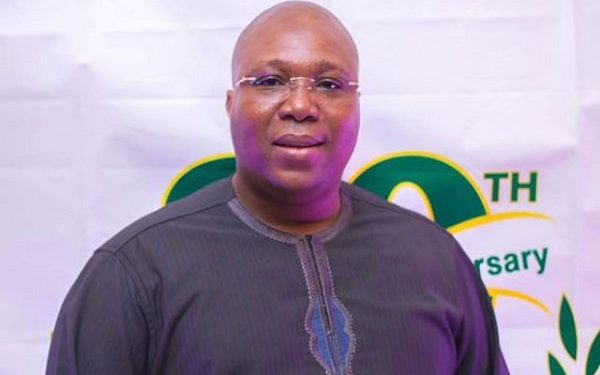High Court Quashes Bank of Ghana’s Revocation of Ideal Finance Licence
The High Court (Human Rights Division) has overturned the Bank of Ghana’s (BoG) decision to revoke the operating licence of Ideal Finance Limited, marking a significant legal victory for the defunct financial institution.
The ruling, delivered on Monday, found that the central bank had failed to adhere to the required legal procedures before withdrawing the company’s licence. The judgment raises critical questions about the execution of the financial sector cleanup exercise initiated by BoG in 2019, which saw the closure of multiple financial institutions across Ghana.
BoG’s Justification and Court’s Verdict
The Bank of Ghana revoked the licences of 23 savings and loans and finance house companies on August 16, 2019, citing insolvency and governance lapses. Among the affected institutions were Ideal Finance, GN Savings and Loans, First Allied Savings and Loans, Midland Savings and Loans, and Unicredit Savings and Loans.
BoG defended its actions, arguing that these firms had been given ample time to recapitalize but remained insolvent. The central bank maintained that the cleanup exercise was crucial in restoring stability and public confidence in Ghana’s financial sector.
However, the court ruled that BoG had not exhausted the necessary regulatory and procedural steps before taking such an action against Ideal Finance. By declaring the revocation unjustified, the ruling effectively restores Ideal Finance’s legal standing, a decision that could have broader implications for other affected firms.
Potential Sector-Wide Implications
The judgment could set a precedent for other defunct financial institutions to challenge the legality of their licence revocations. If similar cases are brought before the courts and ruled in favor of the plaintiffs, the Bank of Ghana may face increased scrutiny over its handling of the financial sector reform.
Legal and financial analysts suggest that this ruling may impact the central bank’s regulatory authority and investor confidence in Ghana’s banking sector. Some industry experts argue that while the financial cleanup exercise was necessary, the process may have been flawed, potentially exposing the BoG to further legal battles.
Stakeholders React
Market observers, depositors, and business analysts are closely monitoring developments following the court’s decision. Affected stakeholders, including former depositors of collapsed institutions, are seeking clarity on whether this ruling could translate into financial redress or compensation.
Meanwhile, the BoG is expected to respond formally to the ruling. It remains to be seen whether the central bank will appeal the decision or take corrective measures to avoid similar challenges in the future.
As Ghana’s financial landscape continues to evolve, this ruling underscores the importance of regulatory adherence and due process in implementing sector-wide reforms. The outcome may also influence future policy decisions regarding financial oversight and the government’s approach to banking sector stability.







